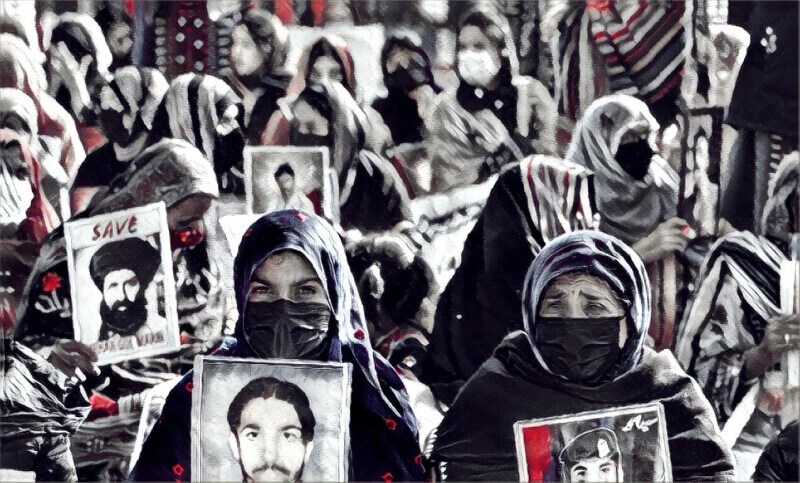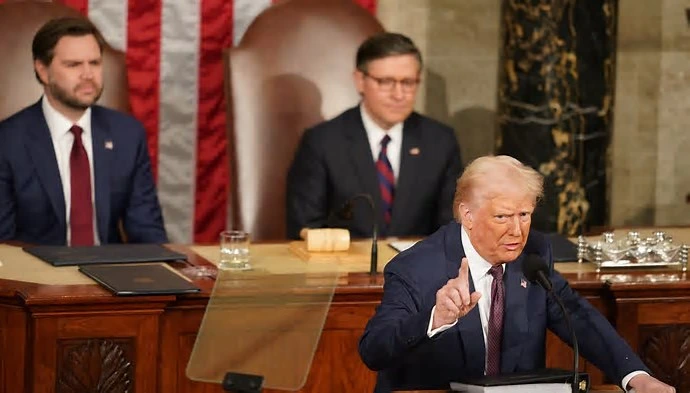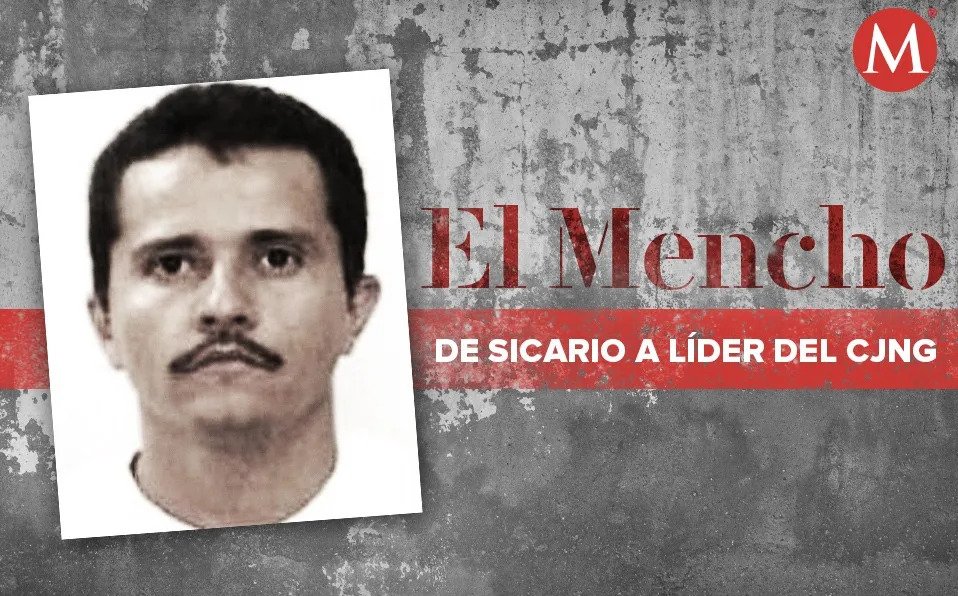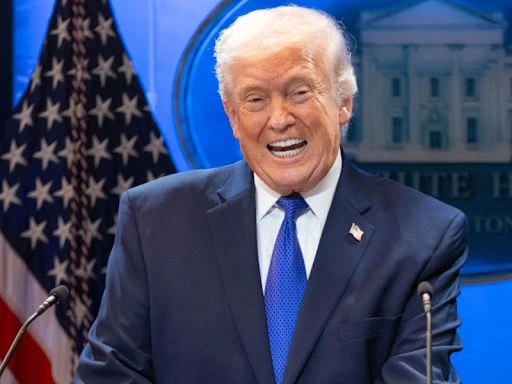19-JULY-2025,03:55PM
In a powerful and emotionally charged statement, Baloch Yakjehti Committee (BYC) leader Sabiha Baloch condemned the role of Pakistani courts, accusing them of acting as tools of state oppression rather than upholding the rule of law. Amid increasing crackdowns on Baloch activists and dissenters, Sabiha Baloch declared that justice has been reduced to a farce in Pakistan, especially in regions like Balochistan where political suppression and enforced disappearances remain rampant.
This latest criticism underscores growing concerns over judicial partiality, human rights violations, and the politicization of legal institutions in Pakistan. As the international community watches with concern, voices like Sabiha Baloch’s continue to demand accountability and reform.
A Shocking Allegation Against Pakistani Courts
Pakistani Courts : Sabiha Baloch’s Accusation Sparks National Debate
Sabiha Baloch’s statement—”Pakistani courts are now instruments of tyranny, not justice”—has sent shockwaves through Pakistan’s political and judicial circles. The BYC leader, known for her activism and advocacy for Baloch rights, made these remarks during a public gathering organized to highlight the plight of missing persons and victims of state violence in Balochistan.
She directly blamed the Pakistani courts for legitimizing government-backed injustices by failing to protect the constitutional rights of citizens, especially ethnic minorities like the Baloch.
“The judiciary has failed to hold the state accountable for enforced disappearances, extrajudicial killings, and false imprisonments. Instead, it has become a rubber stamp for oppression,” she said.
Pakistani Courts : History of Alleged Judicial Bias in Pakistan
Pakistani Courts : Pakistani Courts and the Balochistan Conflict
Over the years, several international watchdogs and human rights organizations have accused Pakistani courts of being complicit in the country’s internal repression, particularly in conflict-ridden Balochistan.
In numerous cases, courts have either delayed hearings for years or dismissed petitions citing “national security” concerns. Human rights defenders argue this practice creates a dangerous precedent, where judicial inaction becomes a tool of indirect repression.
According to Human Rights Watch and Amnesty International, hundreds of Baloch activists remain unaccounted for, with little to no legal intervention in their favor. Critics argue that the judiciary has not only remained silent but often actively facilitated the state’s narrative.
Pakistani Courts : Breakdown of Legal Institutions and Democratic Values
The Role of Military Influence in the Judiciary
A key aspect of Sabiha Baloch’s criticism lies in the alleged influence of Pakistan’s powerful military establishment over the judiciary. Several former judges and lawyers have gone on record to state that Pakistani courts often face behind-the-scenes pressure in politically sensitive cases.
From the dismissal of elected prime ministers to the legal persecution of political opponents and journalists, the courts have increasingly been seen as enforcers of the state’s will rather than as impartial arbiters of justice.
This erosion of judicial independence is particularly damaging in Balochistan, where military operations are often cloaked in legal justification, despite widespread reports of abuses.
Growing Calls for International Scrutiny
Human Rights Groups Demand Global Attention
In light of Sabiha Baloch’s powerful remarks, numerous human rights organizations are renewing their call for international bodies such as the United Nations Human Rights Council and the International Criminal Court (ICC) to launch investigations into Pakistan’s judicial practices.
Groups like Voice for Baloch Missing Persons and Baloch Human Rights Council argue that unless the international community intervenes, the Pakistani courts will continue to serve as instruments of systemic oppression rather than vehicles for justice.
“The courts are not just silent; they are complicit,” said one activist. “When a judge denies bail to an innocent activist but approves detentions without trial, the system is clearly broken.”
Reactions Across Pakistan’s Political Spectrum
Silence from the Government, Support from Civil Society
The Pakistani government has not officially responded to Sabiha Baloch’s statement, a silence that many see as telling. However, several civil society groups and lawyers’ associations have shown support for her remarks, saying that her frustrations reflect the views of many disillusioned citizens.
Prominent lawyer and human rights advocate Jibran Nasir tweeted, “What Sabiha Baloch said is painful but true. Until the judiciary asserts its independence, the suffering of marginalized communities will not end.”
Some political commentators believe the current judicial crisis is part of a broader authoritarian trend in Pakistan, where democratic institutions are hollowed out from within, and dissent is criminalized under the guise of national security.
Why Judicial Reform in Pakistan Is Urgent
Restoring Faith in the Rule of Law
The statement by Sabiha Baloch serves as a powerful reminder of why judicial reform in Pakistan is not just necessary, but urgent. Legal scholars and former judges have long argued for measures to reduce military influence in judicial appointments, enforce stricter oversight of court proceedings, and ensure transparency in politically sensitive cases.
If the Pakistani courts continue to be perceived as biased and complicit, it could further alienate already marginalized populations like the Baloch, potentially destabilizing the country’s internal fabric.
Judicial independence is a cornerstone of any functioning democracy, and without it, any claims of justice become hollow.
The Road Ahead for Baloch Activists
Sabiha Baloch and the BYC’s Continued Fight
Despite mounting pressure, Sabiha Baloch and the BYC remain committed to their cause. They have vowed to continue protesting peacefully, organizing public awareness campaigns, and reaching out to international forums for support.
Her recent statement has galvanized activists, lawyers, and students alike, sparking a new wave of dialogue about the state of justice in Pakistan.
The road ahead may be fraught with challenges, but as Sabiha Baloch stated, “We have lost our faith in Pakistani courts, but not in the people. We will keep fighting—not with violence, but with truth and resilience.”
Conclusion
Sabiha Baloch’s statement that Pakistani courts are instruments of tyranny, not justice is more than just a critique—it is a wake-up call. It urges introspection, reform, and international oversight in a country where the lines between state power and legal neutrality have become dangerously blurred.
If Pakistan truly aspires to democratic values and human rights, then its judiciary must serve justice—not power. Only then can the trust of communities like the Baloch be restored, and only then can Pakistan move toward genuine, inclusive progress.
Source : ANI





